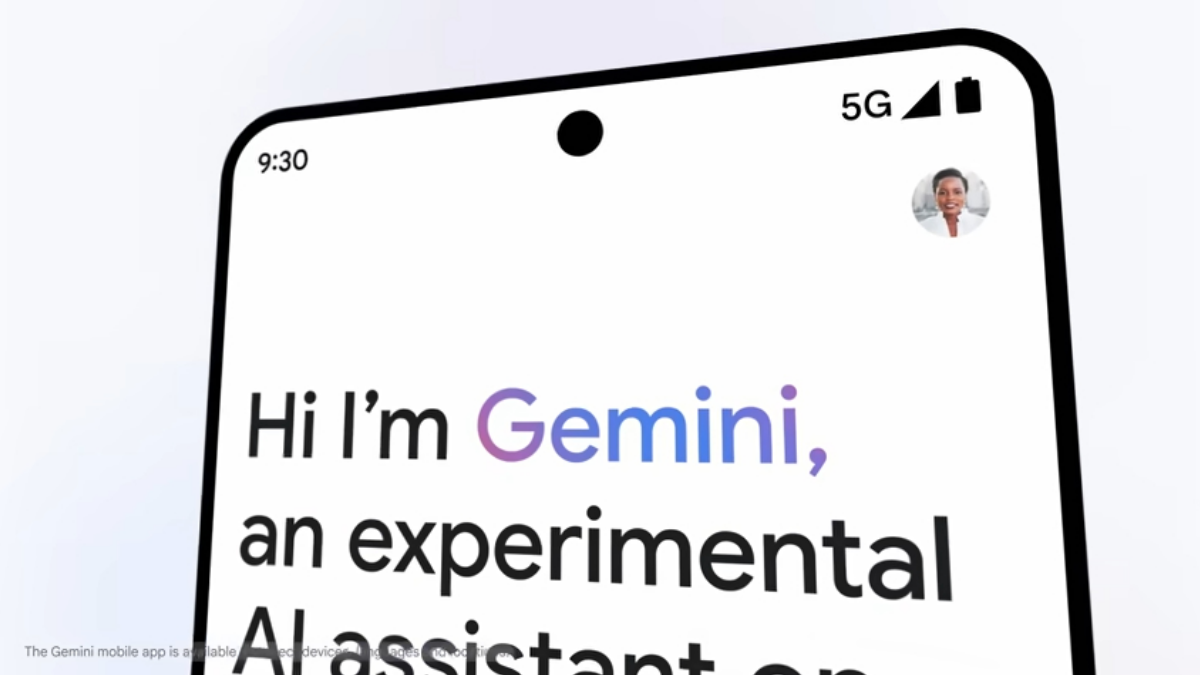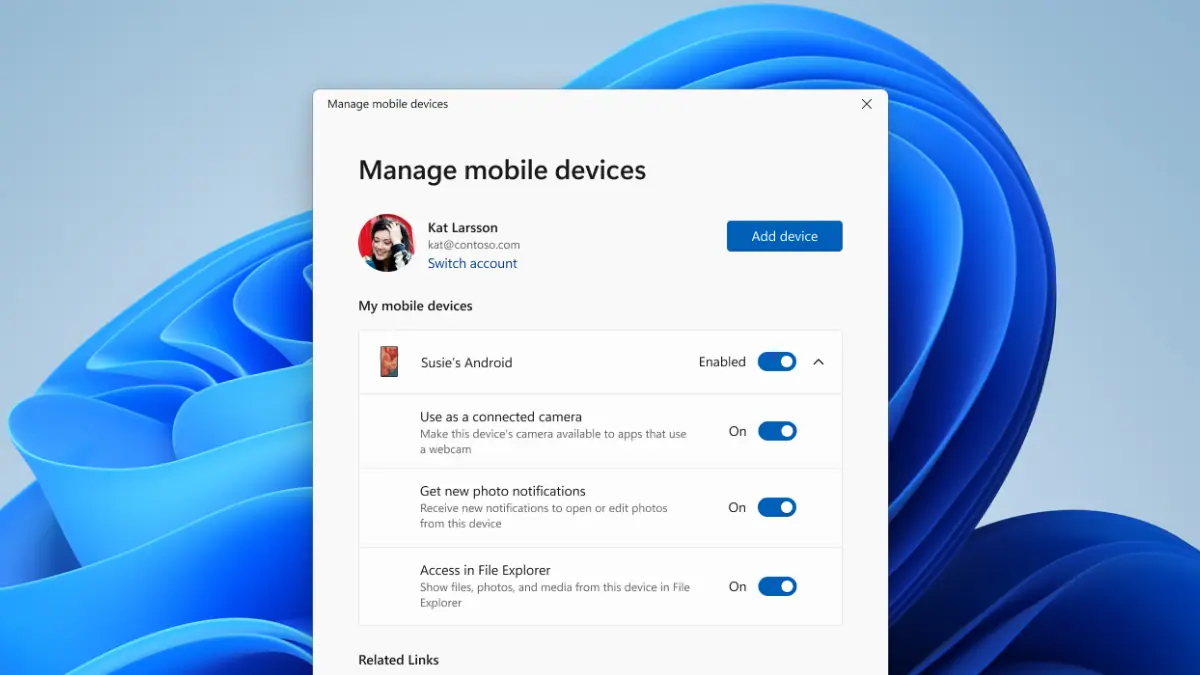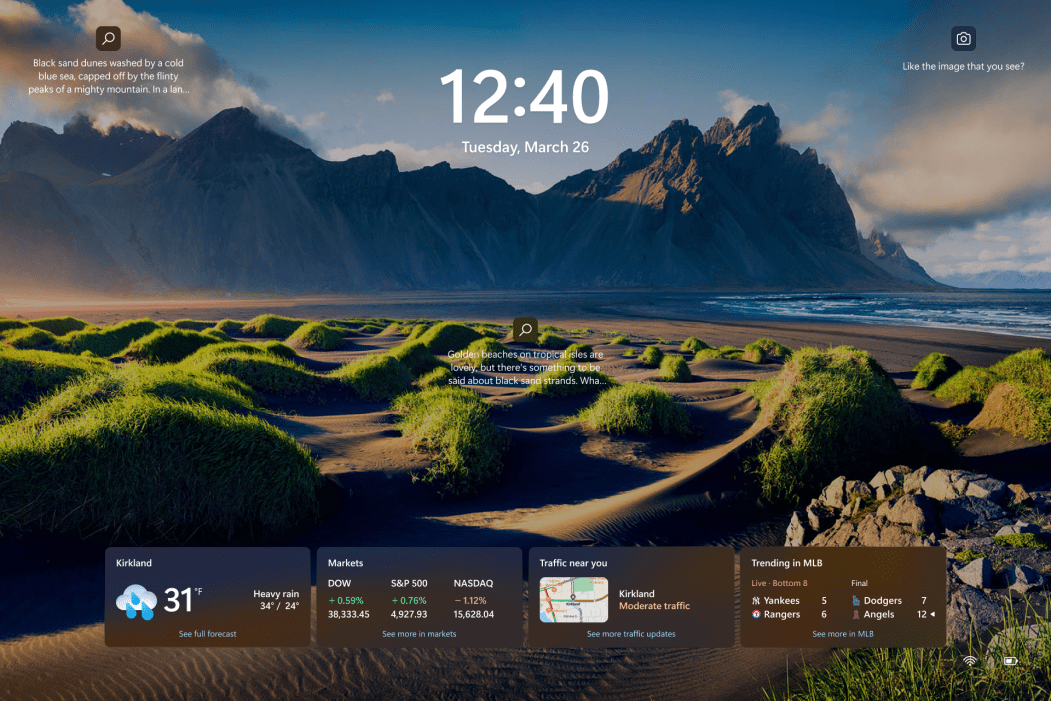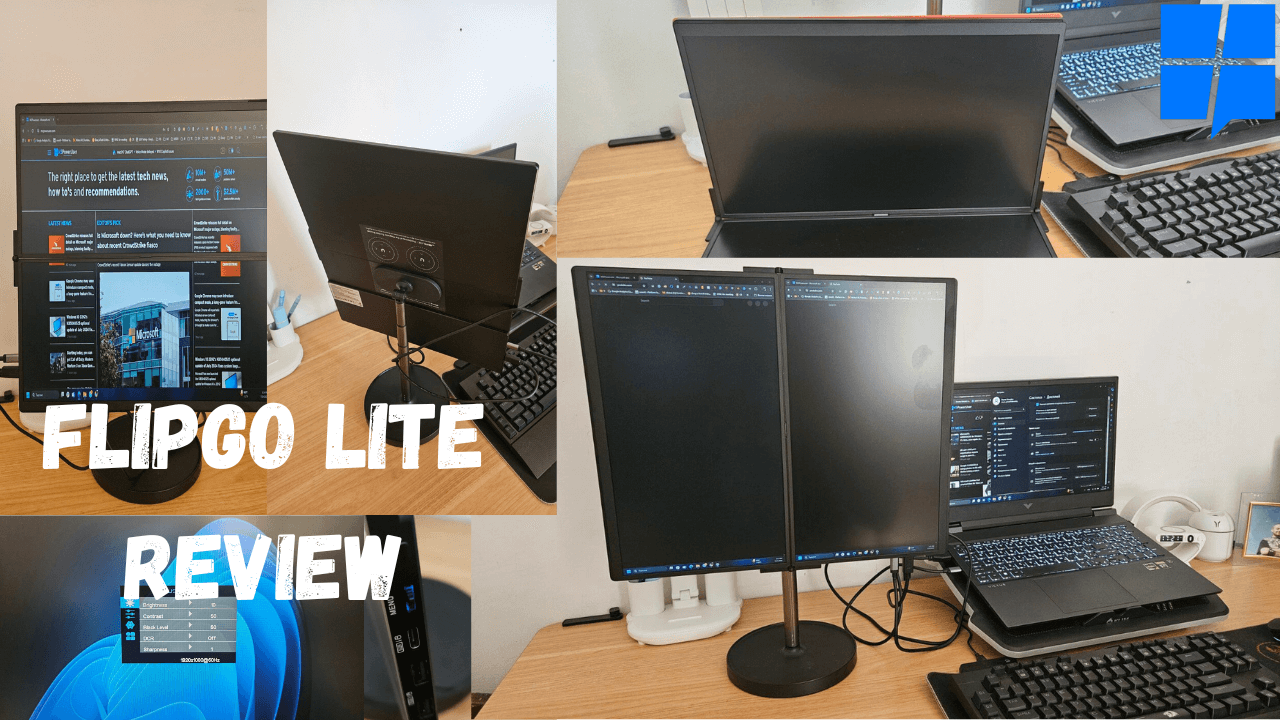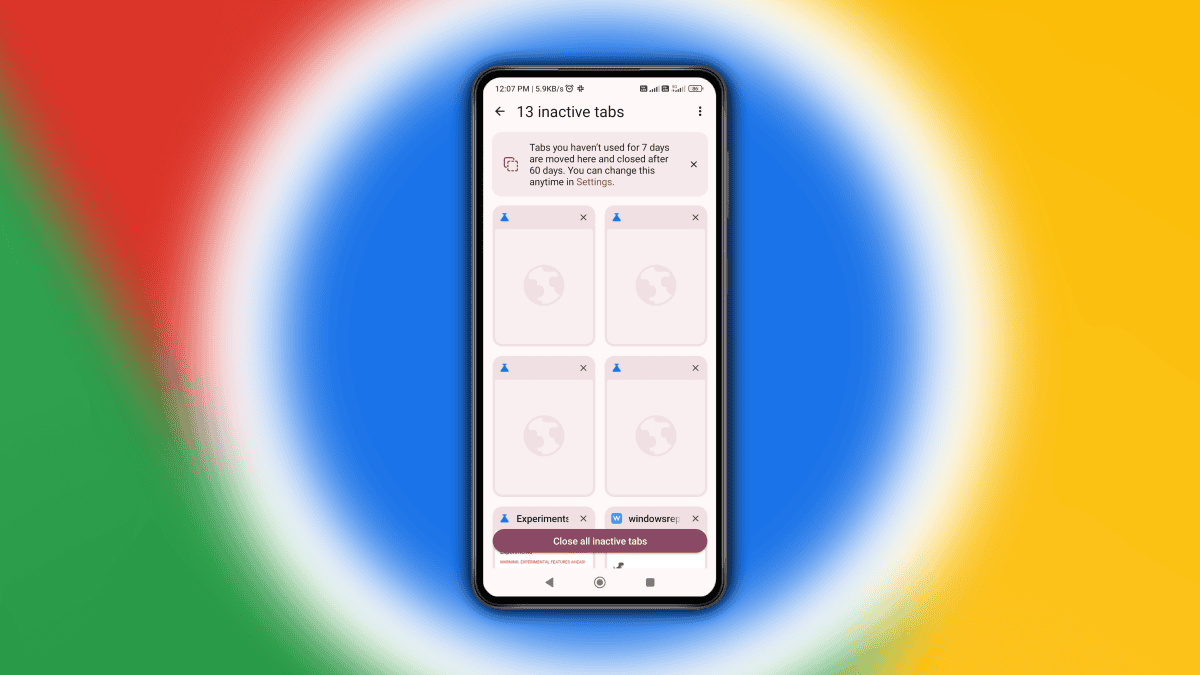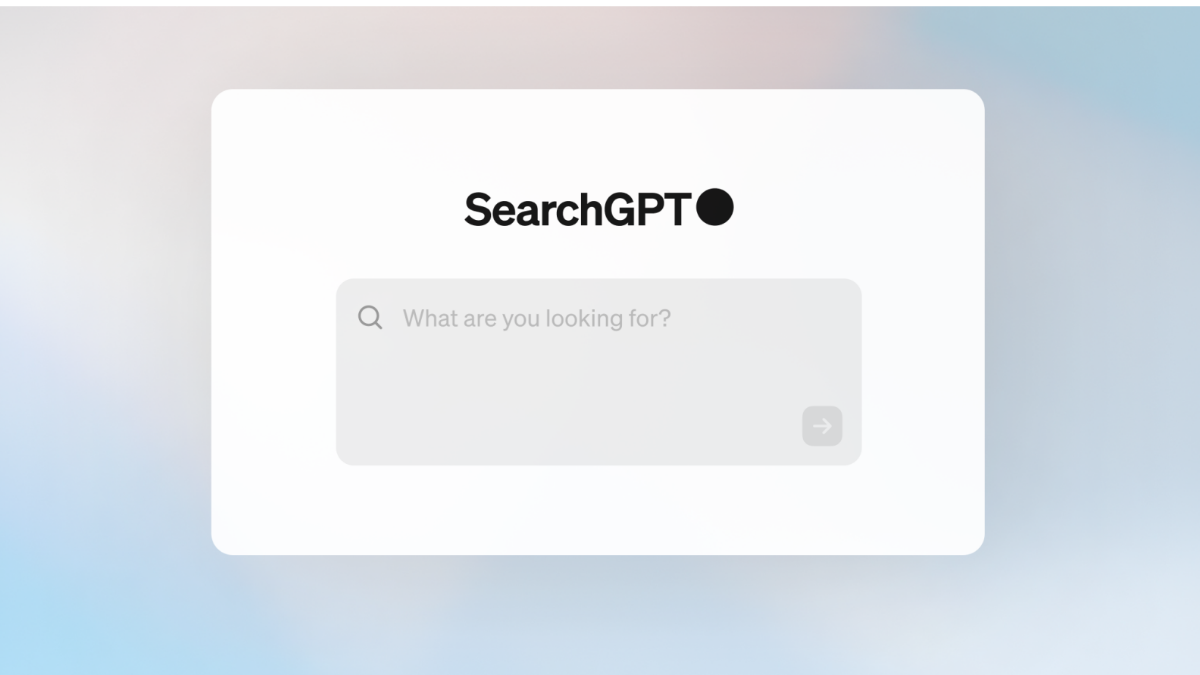Review: Beacon is a stylish and challenging roguelite that’ll always keep you on your toes
4 min. read
Published on
Read our disclosure page to find out how can you help MSPoweruser sustain the editorial team Read more

Reviewed on PC
I think the revival of the rogue-lite genre may be my favorite gaming trend this decade. Games like The Binding of Isaac and Enter the Gungeon have taken the procedurally-generated dungeon crawling to a whole other level, set a high bar for creators trying their hand at creating unique spins on a classic formula, and became games close to my heart. Now comes Beacon, Monothetic’s top-down shooter filled with fast-paced action and all the loot you could want. Does it stand alongside its competitors as an exciting spin on an old-school game? Absolutely!
Beacon is a top-down shooter with procedurally-generated levels, items, secrets, and bosses. All of these aspects are intrinsically linked to the game’s three main forces: robotic remnants, natural wildlife, and a mysterious demonic force. Surviving a crash and looking for a way off-planet, the protagonist must fight her way through these enemies by making use of anything and everything you can find.
Despite its overwhelming sea of genre competitors, Beacon does have unique and interesting features that make it stand out. Random environmental dangers, known as Storm Cells, will impact your playthrough. Through raining down damaging crystals to spawning intense whirlwinds that send you and your dropped items flying, Beacon is a rogue-like that revels in making you feel vulnerable. On paper, this simply adds another layer of randomization to the game, but it also hits home the feeling like you’re battling through an alien planet that’s more hostile than the bad guys populating it. The planet feels like a barrier and a major antagonist in itself.
Then there’s my personal favorite feature in Beacon: the DNA system. Throughout your runs, you pick up DNA strands that can give your characters new stat bonuses when equipped. Every time you die, a new clone of your character is created at your ship’s crash site with these bonuses. However, bizarrely, cloning is a complicated process that ends up mutating your character with random, drastic changes to your molecular makeup.
One run may see you sprout a tail, rip your face apart with Alien jaws, arms that shoot out fire and more. All of these can all be attached to make you a DNA-smorgasbord. Loosing all your special quirks upon death has become the norm in Rogue-lites, so this method of giving your character cool abilities from the very start is a fantastic feature that lets you avoid that boring period at the start of runs.
Beacon’s visuals do their job at conveying your alien surroundings, but they aren’t going to blow you away. I think that’s the tradeoff with using low-poly graphics in this way; while the game is clear and simple, it also occasionally drifts into being entirely unremarkable. Now, you could argue that games inspired by Rogue – that gave players an engaging experience despite lacking visuals – shouldn’t put looks over substance. And I’d agree. But it’s a shame that Beacon’s often fantastic gameplay is taking place on flat metallic grey floors against similar-looking robots. The setting is cool! It could just use a different coat of paint—something that feels more like a living, breathing world. This is my only major complaint, and one that will vary from one person to another, so you may very well like the way Beacon looks.
When push comes to shove, the difference between a great Rogue-lite and a mediocre one lies in replayability, and Beacon does a good job at slow-dripping you new content to get your hands on. Every time a run ends, excess DNA you don’t equip to your next character is converted into experience, with each level adding a new item to the game you can find. This means that there’ll always be something new to find every time you boot the game up. Not only that but with the way the DNA system is designed it’s incredibly hard to reach the end without some really powerful boosts and mutations. Beacon will test your skill in new and unique ways even 20 hours in.
All in all, Beacon makes me incredibly happy. Not only is it a fantastically fun game that I’ll be playing weeks from now, but it’s a sign that almost a decade after the resurgence of Rogue-lites this type of game still has plenty to offer. Monothetic has done an amazing job with Beacon, it’s genuinely a joy to play and I highly recommend it.

